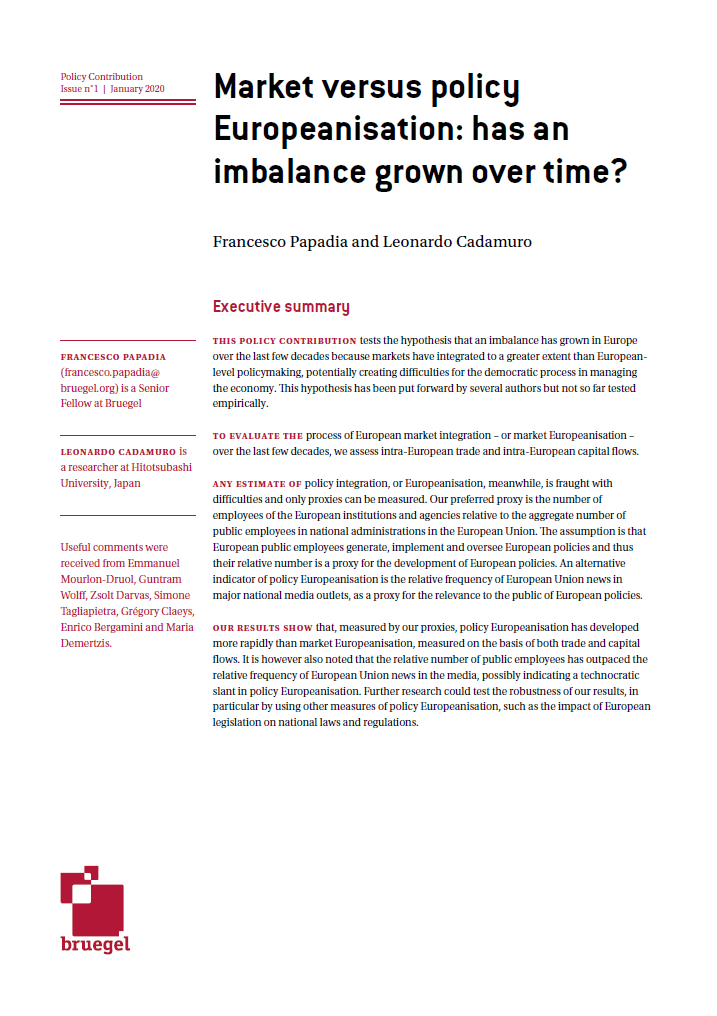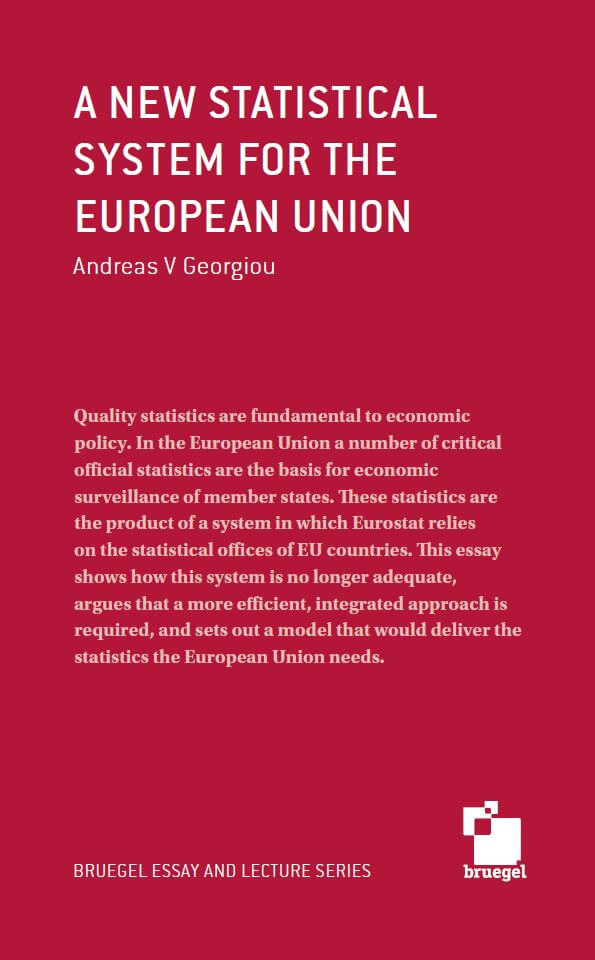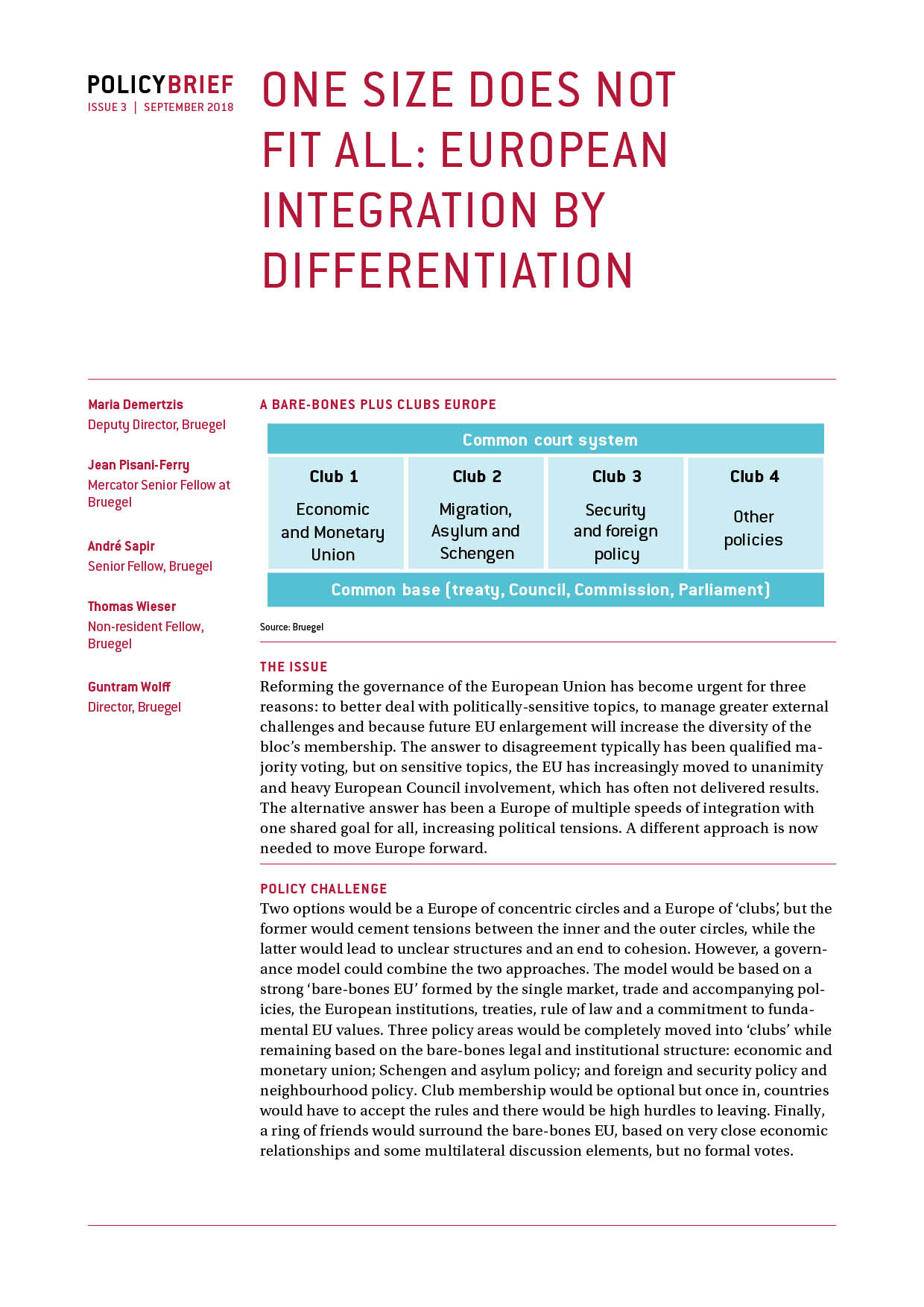Opinion
ΕΥΡΩΕΚΛΟΓΕΣ ΚΑΙ ΤΟ ΜΕΛΛΟΝ ΤΗΣ ΕΥΡΩΠΗΣ
Είναι γεγονός ότι οι τωρινές εκλογές λόγω της ανάπτυξης των κομμάτων του λαϊκισμού είναι κάπως διαφορετικές από τις προηγούμενες. Αλλά πιστεύω ότι όλες οι εκλογικές διαδικασίες, εθνικές και ευρωπαϊκές, έχουν πάντα πολύ μεγάλη σημασία γιατί θέτουν μια ατζέντα για τα επόμενα πέντε χρόνια και εμείς ως πολίτες καλούμαστε να επιλέξουμε τις σωστές προτεραιότητες και να δώσουμε την εμπιστοσύνη μας στους κατάλληλους ανθρώπους.
This opinion was also published on ETHNOS
Οι προκλήσεις της επόμενης πενταετίας κατά την άποψή μου είναι δύο: η πρώτη είναι η κλιματική αλλαγή. Δεν υπάρχει πια καμία αμφιβολία στο θέμα της κλιματικής αλλαγής, είναι πάρα πολύ σοβαρό και είναι μία πολύ μεγάλη αναγκαιότητα να θέσουμε βραχυπρόθεσμους και μεσοπρόθεσμους στόχους που θα επιβραδύνουν την κλιματική αλλαγή, αν όχι να την ανατρέψουν.
Πέρα από το κλίμα, το θέμα έχει και κοινωνικές και οικονομικές προεκτάσεις. Βλέπουμε πως και στην Γαλλία, τα «κίτρινα γιλέκα» δημιουργήθηκαν ως «απάντηση» στο φόρο που επέβαλε ο Πρόεδρος Μακρόν για να αντιμετωπίσει την κλιματική αλλαγή.
Το ενδιαφέρον ήταν ότι τα μέτρα που λήφθηκαν ήταν σκληρά και κυρίως για τη μεσαία και τη χαμηλή μεσαία τάξη. Αυτός είναι και ο λόγος για τον οποίο τα «κίτρινα γιλέκα» δημιουργήθηκαν και βγήκαν στους δρόμους διότι είδαν ότι ο φόρος ο οποίος έχει επιβληθεί τους επιβαρύνει αναλογικά πολύ περισσότερο από ότι επιβαρύνει τις υψηλότερες τάξεις. Δηλαδή η ανακατανομή του πλούτου που χρειάζεται να γίνει προκειμένου να αντιμετωπιστεί η κλιματική αλλαγή είναι κάτι το οποίο θα επιβαρύνει περισσότερο τις χαμηλές τάξεις από τις υψηλές. Αυτό επιβαρύνει την ήδη άδικη πραγματικότητα τον τελευταίων 20 ετών όπου οι ανισότητες έχουν αυξηθεί και οι οικονομικά και κοινωνικά ευάλωτοι συνεχίζουν να περιθωριοποιούνται.
Από κει και πέρα τα θέματα της παγκοσμιοποίησης είναι επίσης πολύ μεγάλη πρόκληση για την Ευρώπη, πώς θα αντιμετωπίσουμε τις εμπορικές σχέσεις με τρίτους και ποια θα είναι η στάση της Ευρώπης σε αυτό τον πόλεμο που ξεκινάει μεταξύ Αμερικής και Κίνας, προς τα πού πρέπει η Ευρώπη να κοιτάξει; Θα γίνουμε «συνέταιροι» με τους Κινέζους; Θα διακόψουμε μία σχέση την οποία έχουμε με την Αμερική εδώ και δεκαετίες ή είναι μια κάποια μέση θέση ο καλύτερος τρόπος να υποστηρίξουμε τις θέσεις και συμφέροντα της Ευρώπης καλύτερα; Και να μην ξεχνάμε πως τα περιβαλλοντικά θέματα συνδέονται άμεσα με τις πολιτικές διεθνούς εμπορίου. Συνεπώς, θα πρέπει ο τρόπος που αντιμετωπίζουμε τα περιβαλλοντικά θέματα να συνοδεύεται από πολιτικές, είτε εγχώριες είτε σε παγκόσμιο επίπεδο, πιο δίκαιες ώστε να υπάρχει ισορροπία.
Για την ευρωπαϊκή ολοκλήρωση
Είναι αλήθεια ότι η συμφωνία της Γερμανίας και της Γαλλίας πάνω σε θέματα εμβάθυνσης της Ευρώπης είναι απόλυτα σημαντική για το μέλλον της ΕΕ.
Η δική μου η άποψη είναι ότι δεν υπάρχει αυτή τη στιγμή συμφωνία μεταξύ των δύο σχετικά με το πιο είναι το επόμενο βήμα. Αλλά ακόμα και αν υπήρχε συμφωνία, ή έστω σύγκλιση, σχετικά με το μέλλον της Ευρώπης, δε πιστεύω ότι θα αρκούσε. Η Γαλλογερμανική ηγεσία είναι απαραίτητη μεν, αλλά δεν μπορεί να ασκείται ερήμην των υπόλοιπων χωρών. Χρειαζόμαστε ευθυγράμμιση απόψεων, αν όχι ομοφωνία, σε ότι αφορά το κοινό μας μέλλον.
Πάντως, πιστεύω ότι το μέλλον της Ευρώπης είναι στο σωστό δρόμο. Υπάρχουν λύσεις σε πολλά προβλήματα, αυτό που πρέπει να βρούμε είναι τη θέληση και τη βούληση και να κατανοήσουμε ότι οι κίνδυνοι που υπάρχουν παγκοσμίως μπορούν να αντιμετωπιστούν μόνο αν η Ευρώπη παραμένει ενωμένη.
Republishing and referencing
Bruegel considers itself a public good and takes no institutional standpoint.
Due to copyright agreements we ask that you kindly email request to republish opinions that have appeared in print to [email protected].












